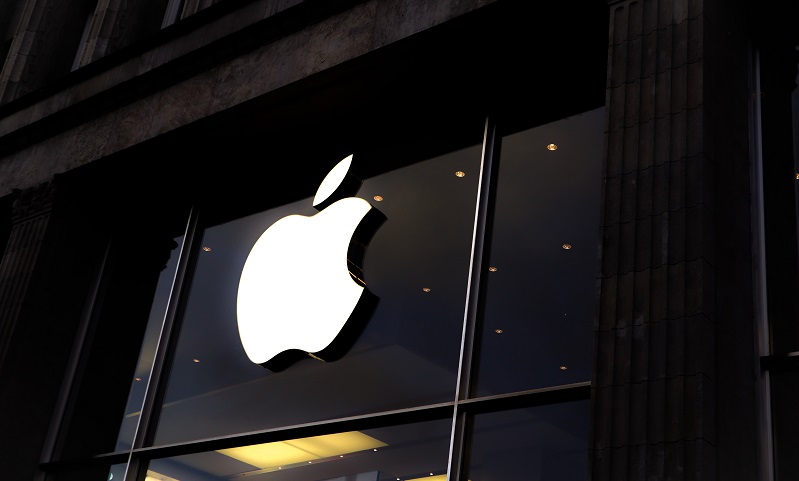Inflationary pressures and a pivot to recovery stocks have led to a sharp reversal in fortunes for Polar Capital Technology (PCT), which shed £357m in the year to 31 April 2022.
The trust closed the period with £3.05bn in net assets, a 10% drop from £3.4bn the year before.
Its share price sank 13.7%, significantly worse than its benchmark, the Dow Jones World Technology Index, which was down 0.9%. On a net asset value basis it generated a total return of -7.7%.
However, this follows a stellar 2021, in which NAV shot up 45.5%. Over the past decade, the trust has seen assets grow nearly sevenfold.
Managers Ben Rogoff, Fatima Lu, Xuesong Zhao and Alastair Unwin bumped up their cash from £212.7m to £311.4m, taking it to 5.3% of the portfolio. This added 95 basis points toward performance, as the US dollar strengthened against sterling.
The biggest driver of the trust’s underperformance was having lower weightings in Apple and Microsoft compared to the index. Despite Apple and Microsoft being its two largest holdings at 10% and 11%, respectively, they amount to 15% of the index each.
PCT chair Sarah Bates said: “Last year, I noted that we seemed cautiously to be emerging from the pandemic, but we’re in something of uncharted territory, and we’re seeing rising bond yields and inflationary concerns, significant concentration of performance in the largest capitalisation stocks and a rotation from growth to value.
“Nevertheless, I suggested that the long-term supportive trends in the sector remained in place, and shareholders would continue to benefit from disruption. For the first three quarters of the last financial year, these conditions generally persisted.”
Portfolio shake-up
During the period, the team significantly cut its exposure to previous working from home beneficiaries, which “suffered spectacular falls”, said Bates.
In total, 13 positions were exited, including Delivery Hero, Peloton, Wise and Zalando. Following the Fed pivot in November, Affirm, Pinduoduo and Sea were also kicked to the kerb.
On the flipside, it added to its semiconductor exposure, with these companies benefiting from thematic drivers, such as AI and EV, and the ongoing demand supply imbalance.
Bates continued: “At this point, many tech companies are not reporting significant impacts on their trading, but we are aware that company reports can be indicators of the current state, rather than of future problems.
“However, we do think the basic disruptive opportunities for the companies in our portfolio persist, and we support our manager’s view that we should stick to the fundamental principle that investing in the potential growth in our sector will remain profitable over time.”










